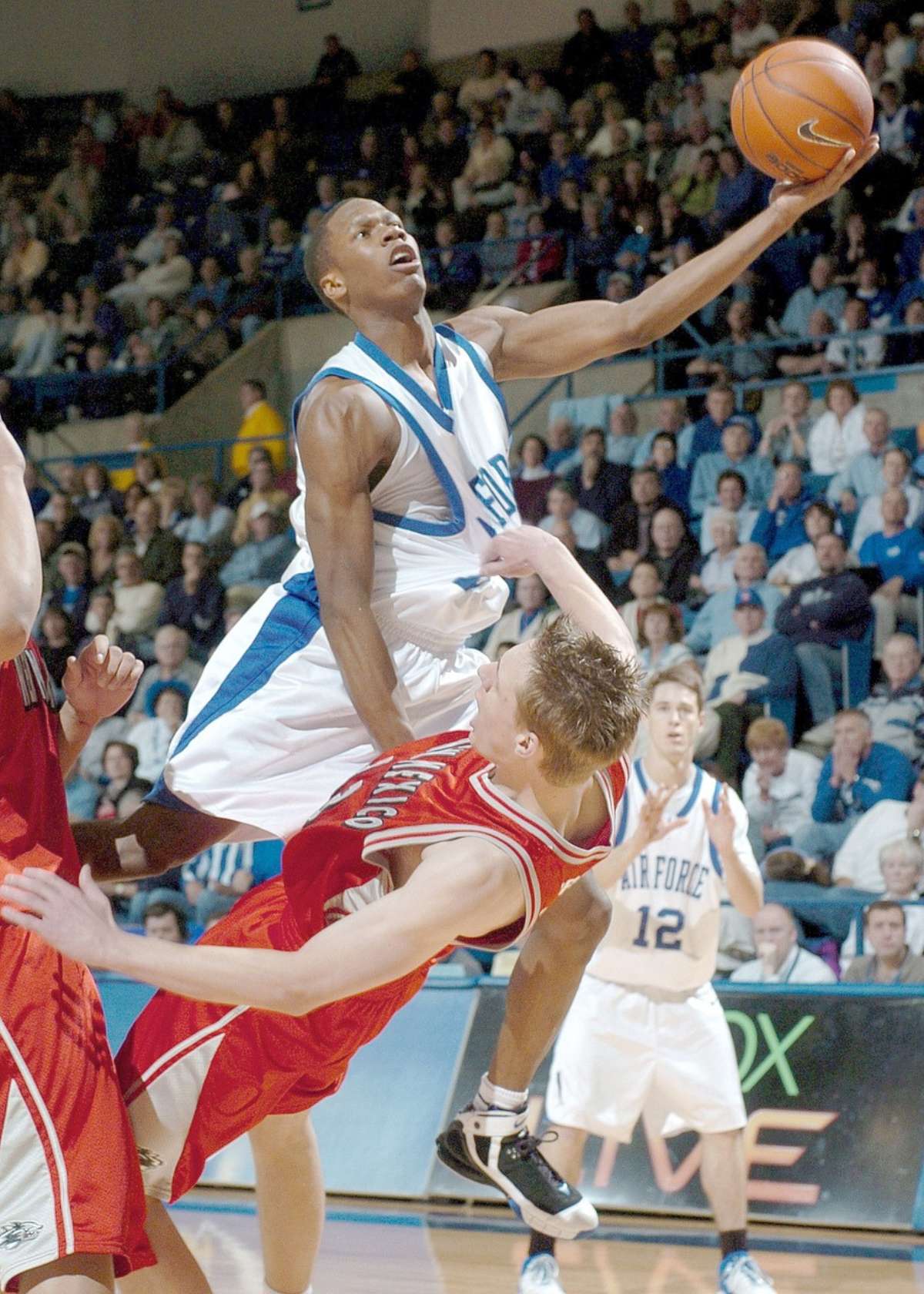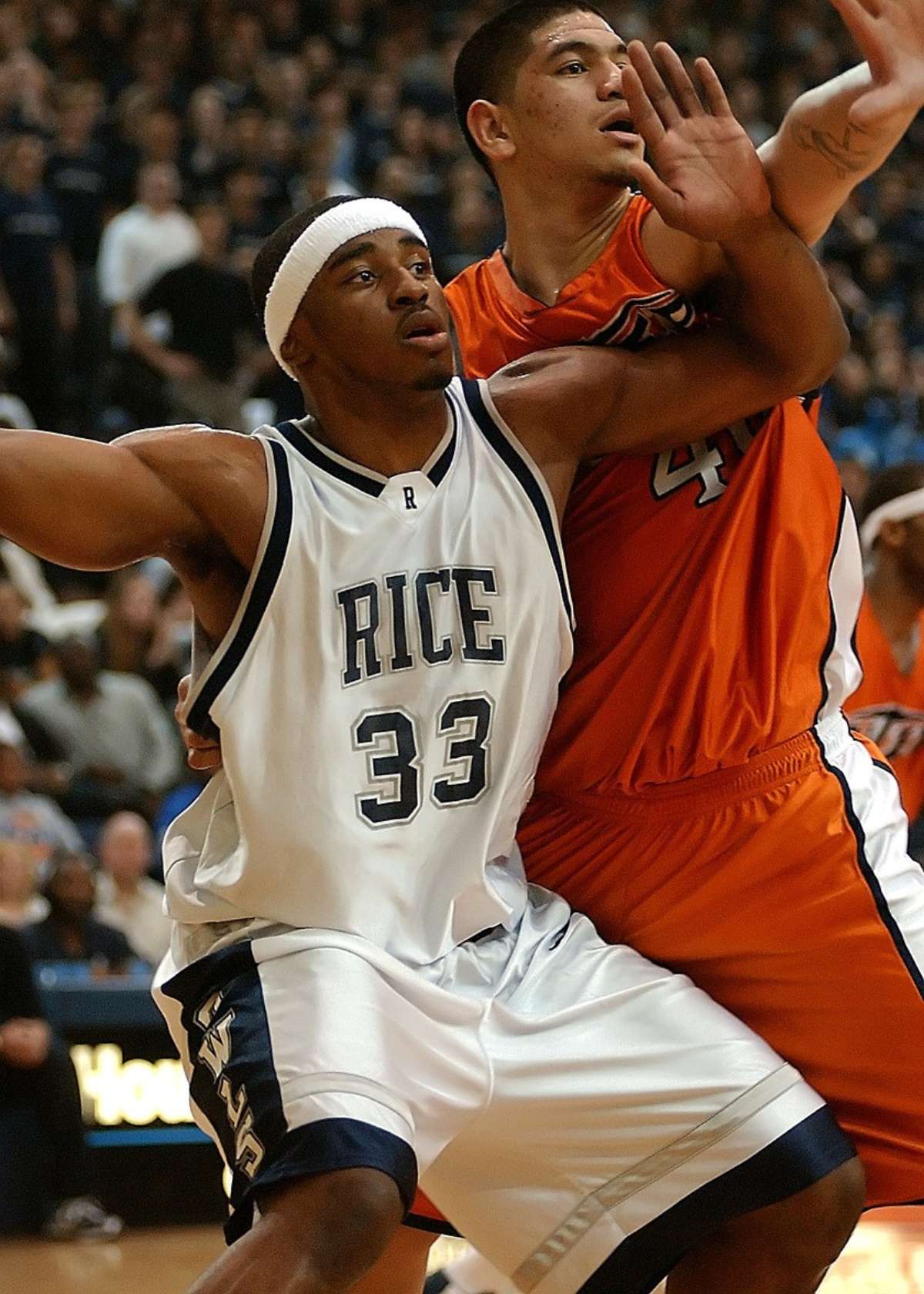Basketball is a game of strategy and quick decision-making. One crucial element of basketball is understanding the concept of a "charge." If you are a basketball enthusiast, you probably know the term 'charge' and why it's important in the game.
Nonetheless, if you are new to the sport or need a refresher, read on to learn about the meaning of a charge in basketball, the rulebook provisions, the differences between a charge and block, the player's role, and other essential elements.
What is a Charge in Basketball?
In basketball, when a defender successfully stands in the path of an offensive player resulting in a collision, it is called a "charge." It's a move that any defender can make by establishing a defensive position and taking a tough hit from an offensive player. As a result, the defensive team gains possession of the ball.
What is Taking a Charge in Basketball?
Taking a charge is all about a defender's ability to absorb contact and land on the floor, leading to an offensive foul.
The primary task of taking a charge is to help the defender get the ball back. It's one of the significant tactics primarily used to avoid fouling the offensive player and winning the game.
The Rulebook: Official Definition of a Charge in Basketball
According to the official rules of basketball, a player who commits a charging foul is a defensive player under control who absorbs contact from an offensive player who has already begun their upward shooting motion or dribble.
The rulebook defines a "charge foul" as an offensive foul, which results in the loss of possession, points being awarded, and a player's disqualification on the fifth foul count.
The Difference Between a Charge and a Block
The difference between a charge and a block is often a subject of confusion. A block occurs when a defensive player disrupts an offensive player's progress without taking the proper defensive stance.
On the other hand, a charge occurs when a defensive player takes the proper defensive stance and establishes their position correctly in front of the player to draw an offensive foul.
The Player's Role: Who Can Commit a Charge?
In basketball, any defender can commit a charge. However, it's mostly part of a defensive player's game plan to plant their feet, establish a legal guarding position, and absorb a powerful hit from an offensive player leading to an offensive foul.
By doing so, the defensive team transforms the game's momentum in their favor and gains a strategic advantage.
Essential Elements: What Constitutes a Charge in Basketball?
Several essential elements constitute a charge in basketball. Some of them include the defender being in a legal guarding position, an offensive player's forward momentum, and the defender taking a hit from the offensive player.
It's also crucial to note that the defender must take the hit as part of the course of the game, rather than intentionally moving in one's way or deliberately drawing contact.
Player Positioning: The Importance of Feet Placement in a Charge
In basketball, player positioning is crucial. The foot placement matters when a player commits a charge. For a defensive player to absorb a hit by an offensive player, they must be in a stationary position, with their feet firmly planted on the ground.
This positioning provides the perfect grounding and stability required to take a charge effectively.

The Offensive Foul: How Charges Relate to Offensive Fouls
Charges are quite similar to other offensive fouls such as blocking and illegal screens. One difference is that the charging foul results in possession being handed over to the defending team.
In the event that an offensive player has committed any of these fouls, referees call the game to give them a foul count, thereby hindering their contribution to the game.
Referee's Perspective: How Charges Are Called in Games
In games, referees observe a couple of things leading up to a charge. A referee must ensure the defender established their position before taking a hit, and an offensive player's attack must be illegal.
Once these points are established, the referee makes a call. Additionally, if the defender hasn't established their position beforehand, a blocking foul can be called.
Consequences of a Charge: The Impact on the Game and Players
A successful charge has various benefits to defenders, including an immediate change in momentum, demoralizing the opponent, and the opportunity to gain possession.
On the other hand, an unsuccessful charge can result in foul trouble, creating an opportunity for the offensive team to score points and gain momentum, or triggering player disqualification, which can affect team morale.
Conclusion:
In conclusion, a charge is an essential element of basketball that changes the dynamics of the game in a matter of seconds. It's a tactic every defender should learn and perfect to secure their team's success.
A "charge foul" is one of the offensive fouls that can be committed when an offensive player is in progress. The difference between a charge and a block is based on positioning, as defenders must establish their legal position first before taking a hit from an offensive player.
Taking a charge is not only an important defensive tactic, but it's also a great way to gain possession of the ball and turn the game around in favor of one's team.
With practice and focus, any player can become an expert in their field and contribute significantly to their team's success.
Discover the ultimate basketball gear through our extensive research! Explore the top choices currently on the market.
Discover an exciting collection of engaging basketball and sports & fitness blogs that will continuously inspire and expand your knowledge!






















